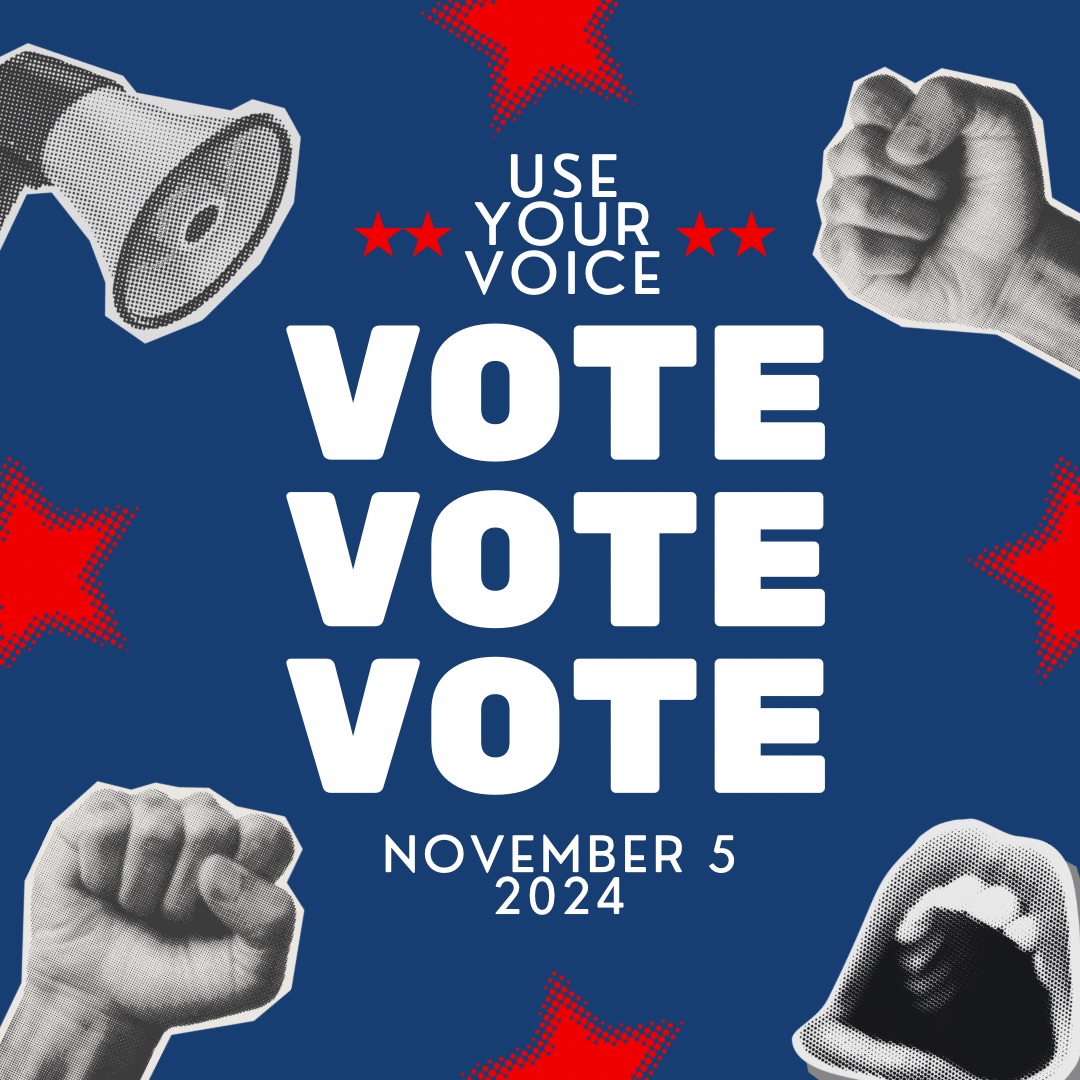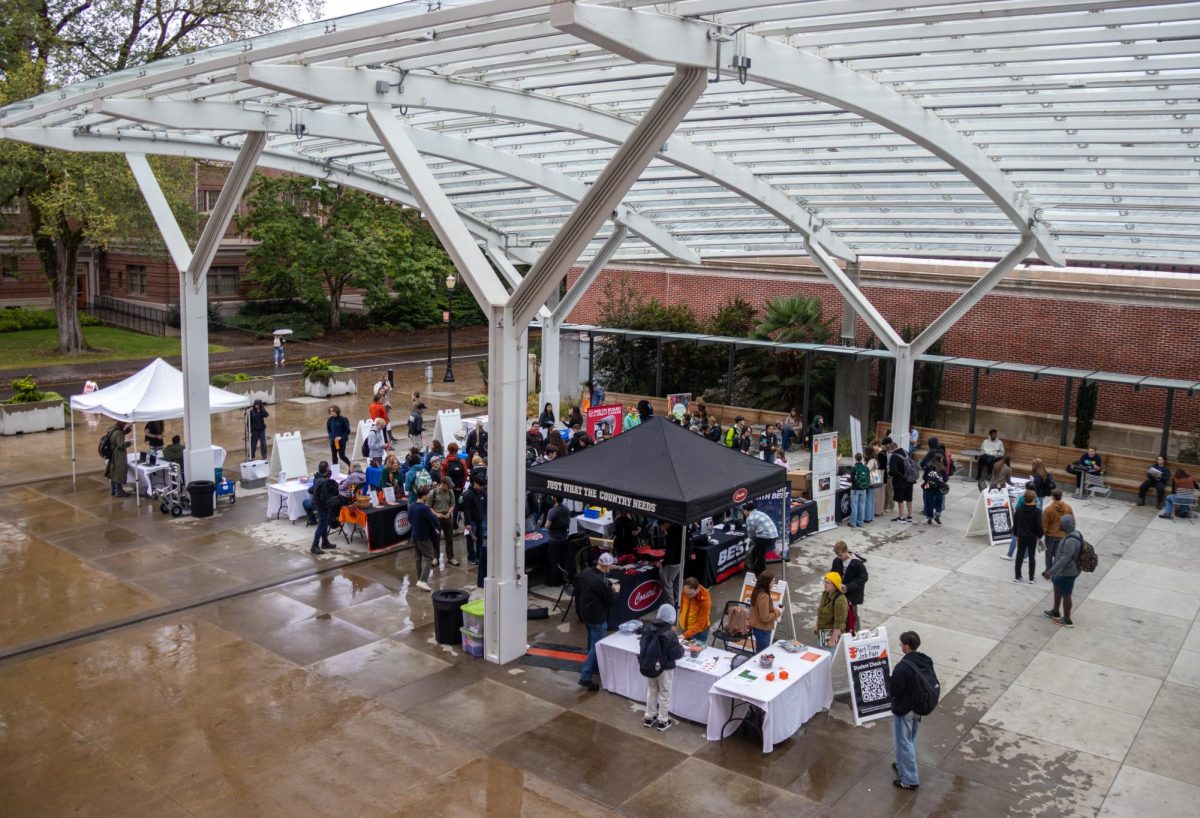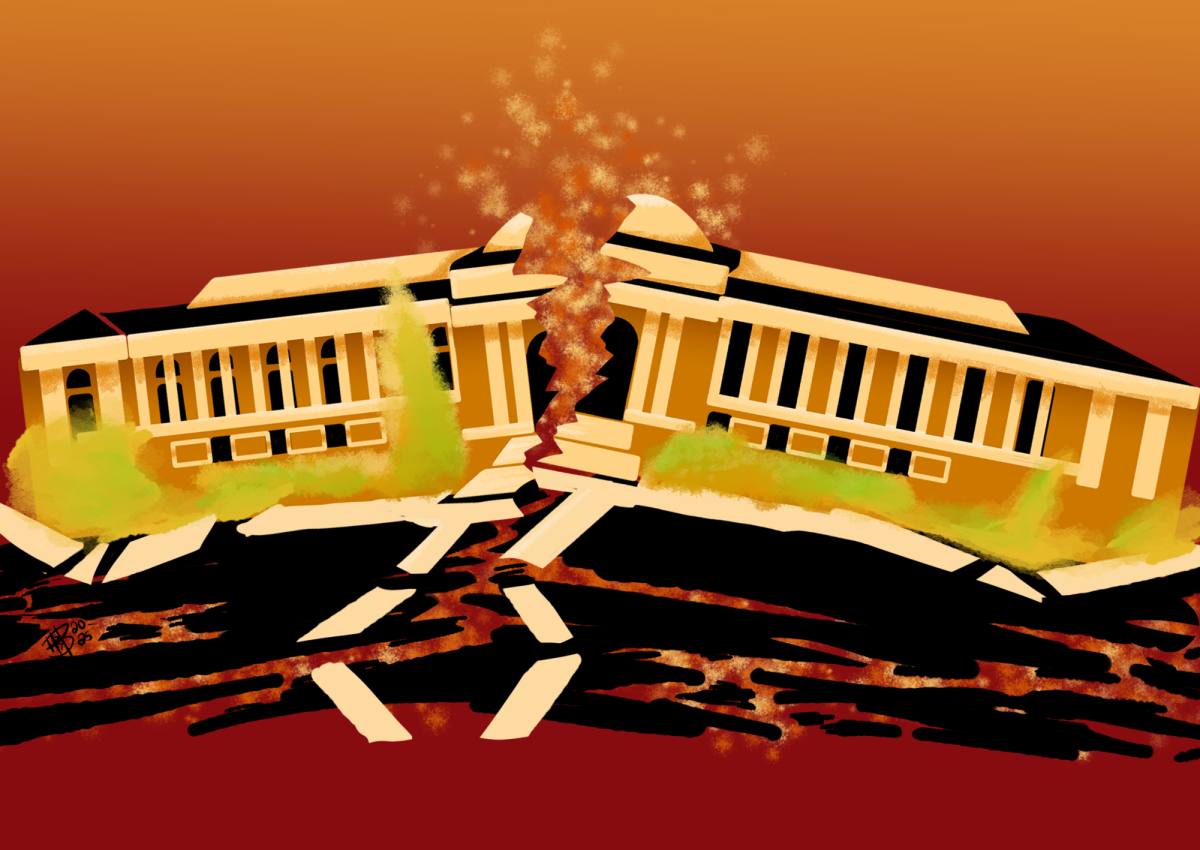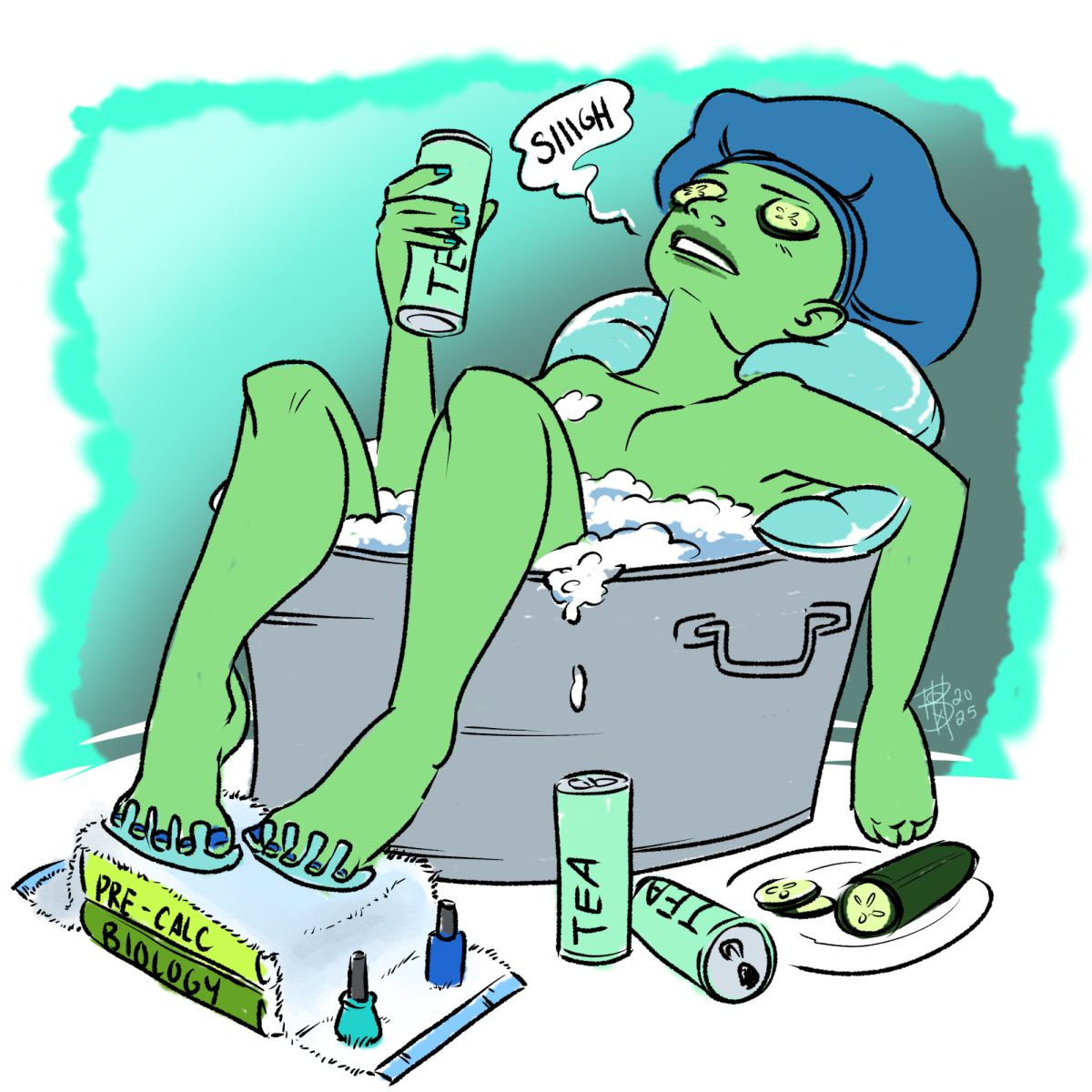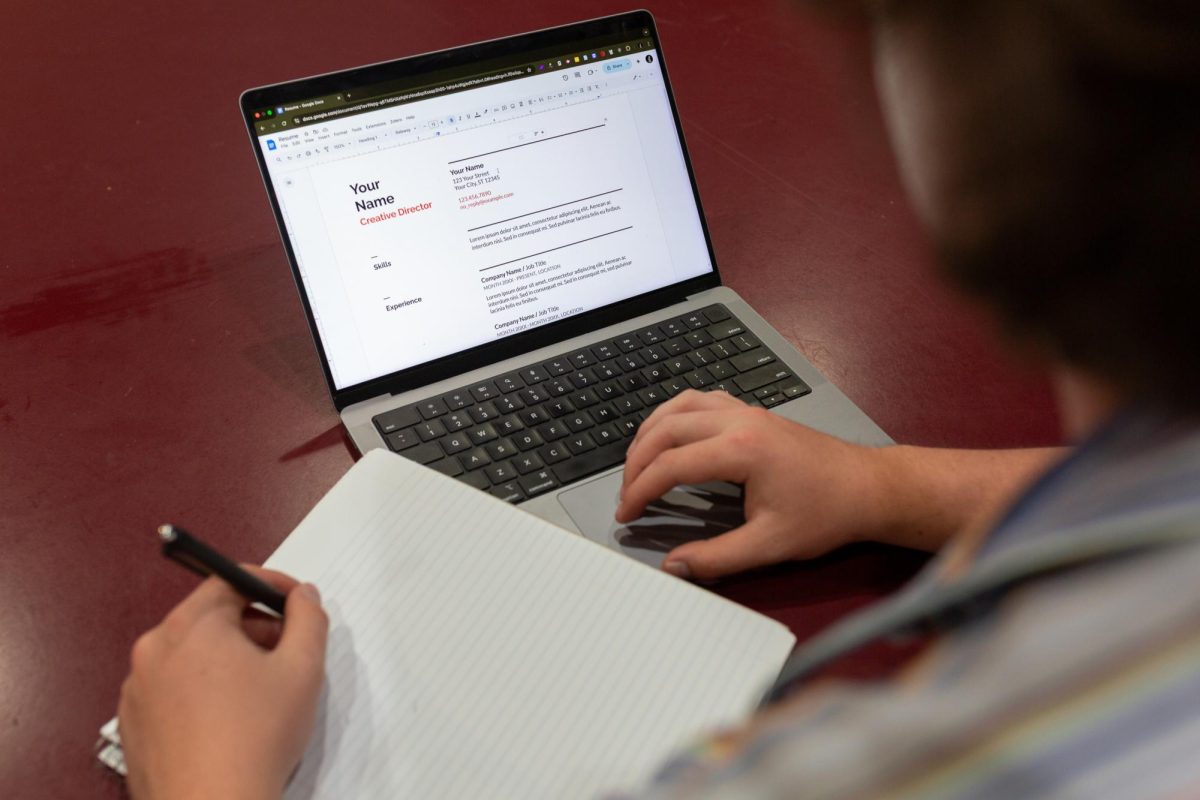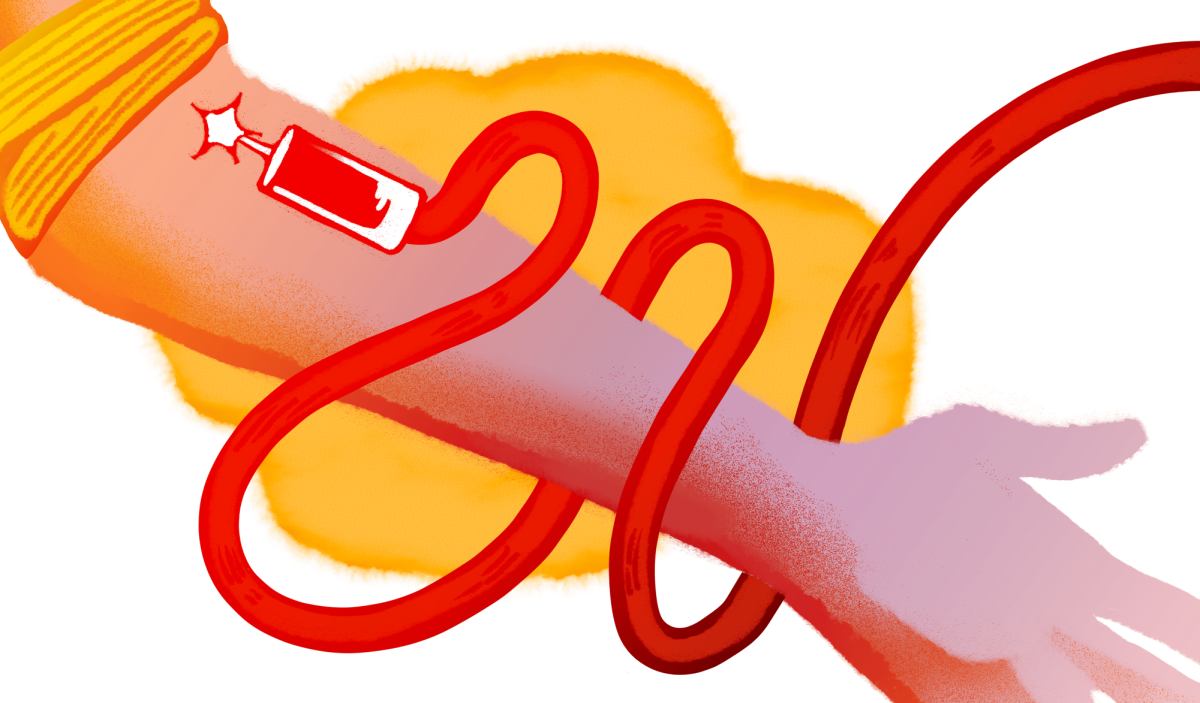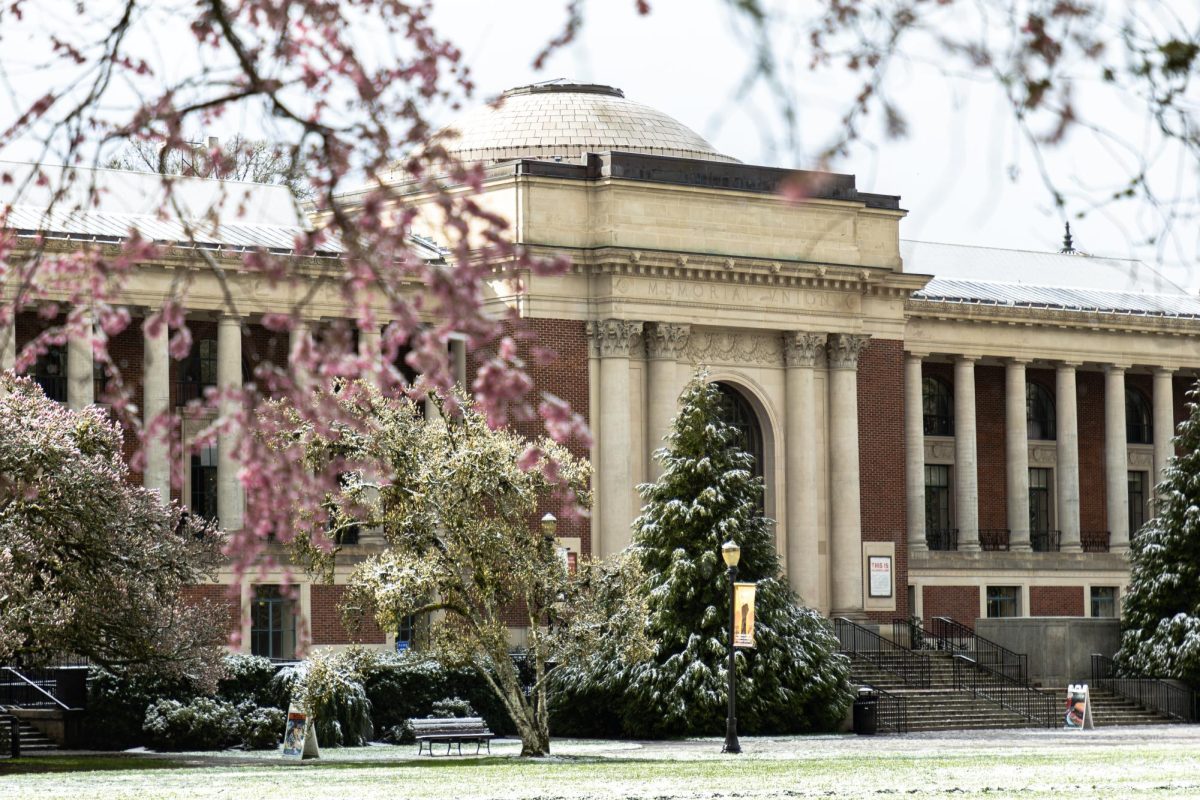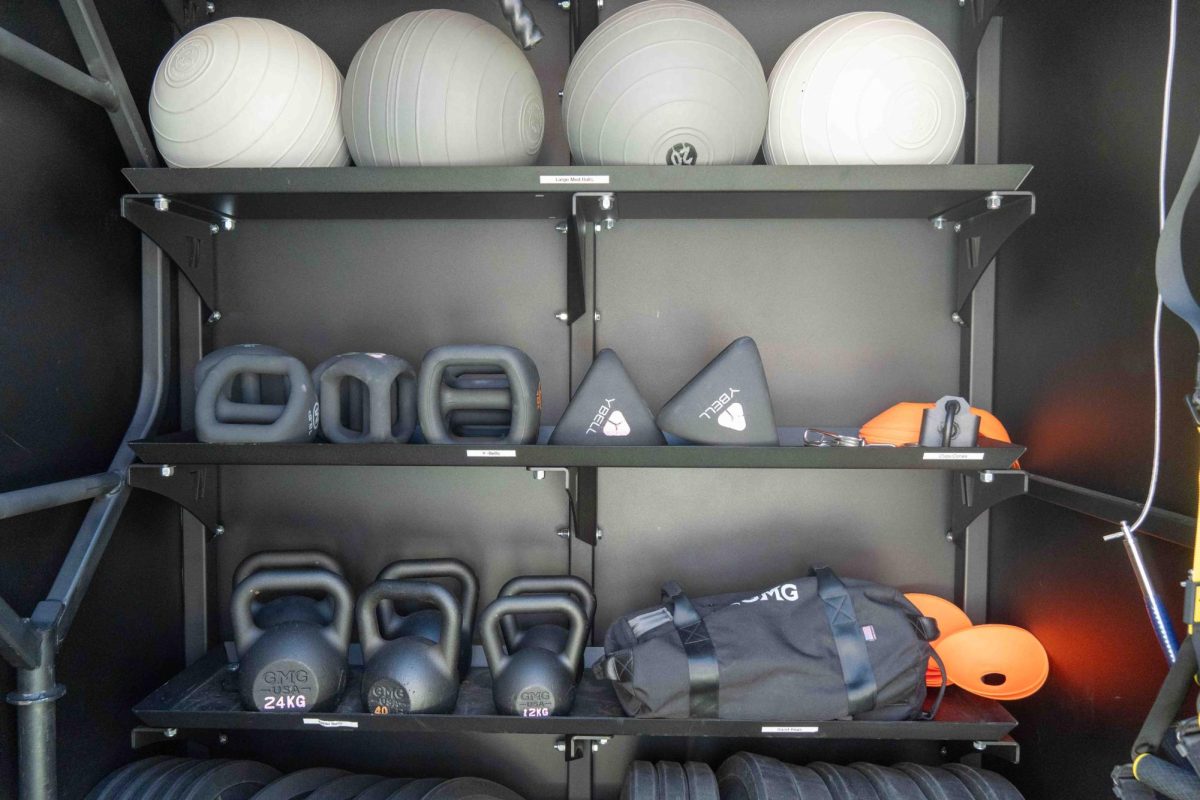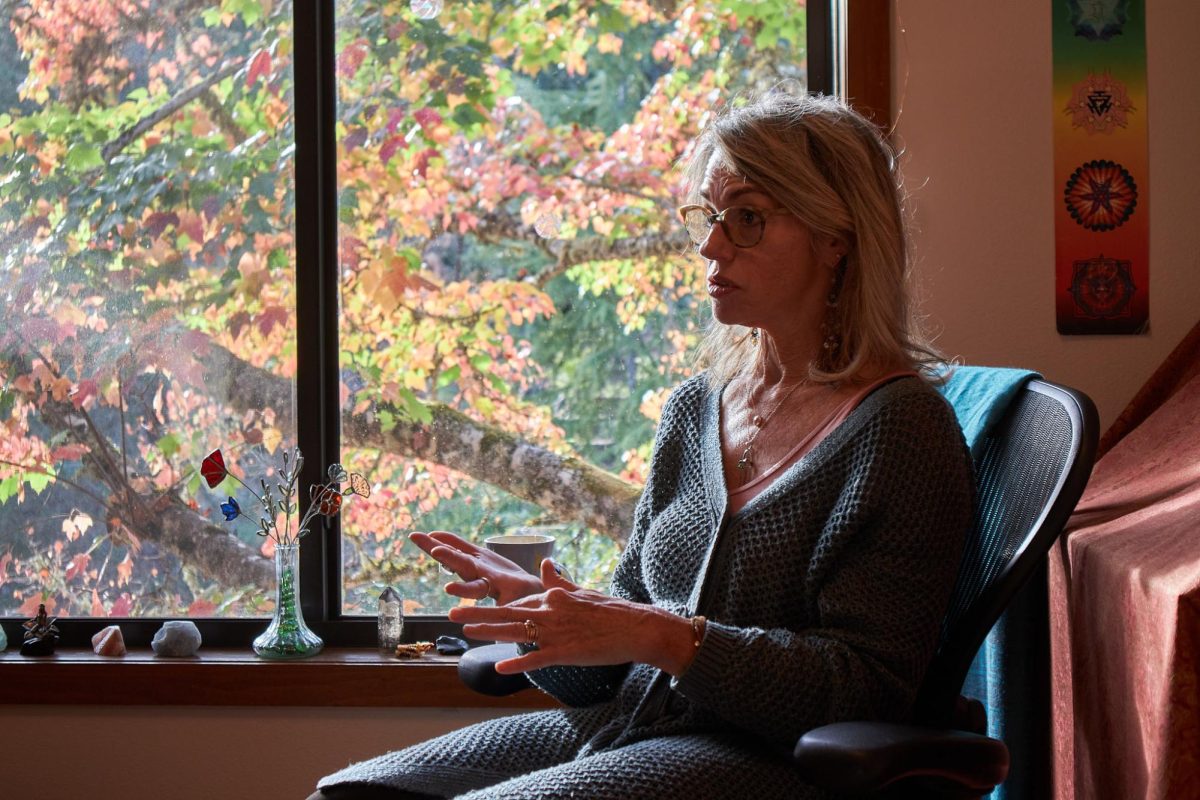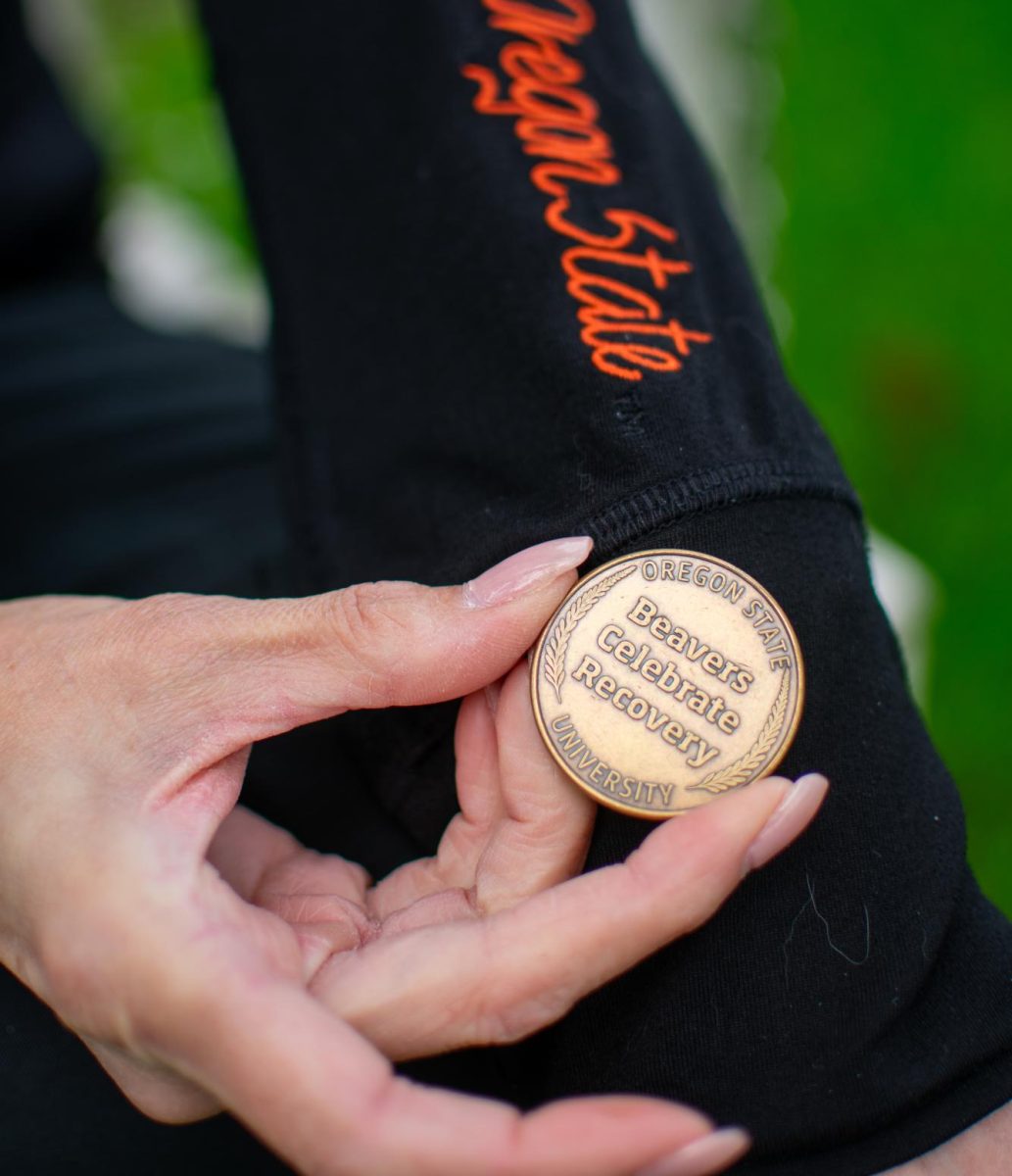The results of the 2024 presidential election might be delayed for days following Election Day, Nov. 5, due to the tight race and different ballot-counting protocols in battleground states.
Elections can be a tense time for students balancing academic responsibilities with election anxiety. Students can reduce stress during this period by staying active, limiting social media use, practicing self-care, and using coping skills.
Recent polls show that the race between Kamala Harris and Donald Trump could be down to the wire. However, inaccurate polling data seen in the 2016 and 2020 elections have sparked debates over the accuracy of polls.
The narrow margin between the candidates suggests that the winner may be determined by only a handful of votes, similar to the 2000 presidential election between George W. Bush and Al Gore.
Bush’s victory came down to only 537 votes from Florida, which prompted weeks of legal disputes over recounts until he was officially declared the president-elect on Dec. 12 by the United States Supreme Court.
The similarly tight nature of this election could delay a final decision just as much, sparking uncertainty that might compound existing stress for Oregon State University students.
Alyssa Stanger, a psychology resident and staff counselor at Counseling & Psychological Services, spoke to students about managing election stress using coping skills during a workshop called “Elections & Emotions” on Oct. 30.
According to Stanger, it is important to practice coping strategies for election anxiety, like other forms of anxiety, and to know when and how to use them.
Some indicators of when to use a coping strategy are feelings of fear, nervousness or anxiety. Physical signs could include a racing heart or nausea.
Coping skills look different for states of hyperarousal versus hypoarousal: Hyperarousal refers to a heightened, tense emotional state, while hypoarousal refers to an underwhelmed, numb state.
For cases of hyperarousal, Stanger recommends square breathing, “Leaves on a Stream” or progressive muscle relaxation.
Stanger prefers to use progressive muscle relaxation, which involves systematically tensing and relaxing muscles.
In a state of hyperarousal, techniques like body scanning, “five senses” and mindful breathing or walking can help one recenter.
Body scans are similar to progressive muscle relaxation, and can assist with grounding through a step-by-step analysis of each body part.
Attendee Rafferty Holmes, a second-year biohealth sciences major and diversity learning assistant, said she likes to practice grounding techniques and tries to avoid being anxious about things that are out of her control.
Elections can be anxiety and stress-inducing for many. In a particularly uncertain time full of anticipation, it is important that students know they aren’t alone.
“A lot of people feel the way you feel,” Stanger said. During the workshop, Stanger further advised that students connect with their community for support.
This community might be their friends, family or others that support them.
CAPS is also available. They offer resources like crisis counseling, the Mindspa and ThrivingCampus, a resource that assists students in finding an off-campus therapist, among others.
The follow-up event, “Elections & Emotions: Post Election Day,” will be held on Nov. 13 in the Memorial Union. The workshop will focus on helping students process the results of the election.

